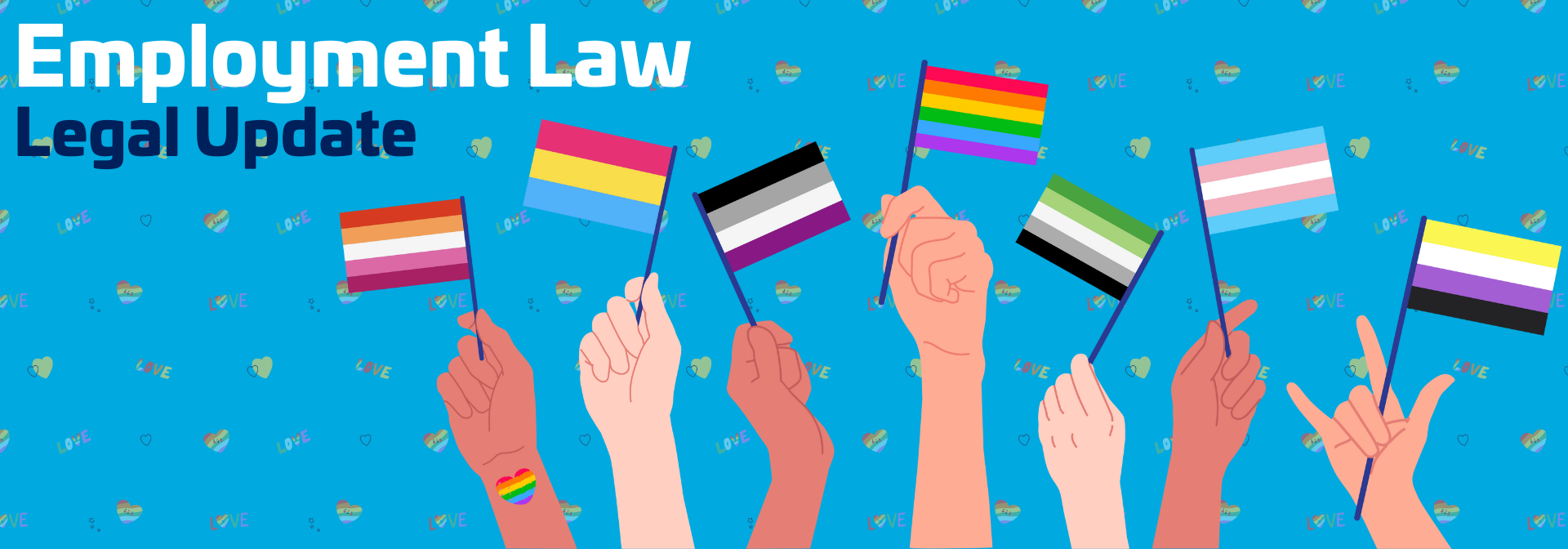
Pride Month 2025: Navigating Inclusion and Legal Clarity in the Workplace
As organisations across the UK come together to mark Pride Month 2025, it presents a valuable opportunity for employers to reflect on their role in fostering inclusive workplace cultures and ensuring alignment with evolving legal standards. Pride Month is a celebration of progress, visibility, and the ongoing pursuit of equality for LGBTQ+ individuals. For HR professionals and business leaders, it is also a moment to reaffirm their commitment to dignity, respect, and fairness for all employees.
This year’s Pride Month follows a significant legal development. In April 2025, the UK Supreme Court issued a ruling in For Women Scotland v Scottish Ministers, clarifying that the legal definition of “woman” under the Equality Act 2010 refers to biological sex. While the decision has been met with a range of responses, it has introduced a degree of uncertainty for employers striving to balance legal compliance with inclusive practice—particularly in relation to trans and non-binary employees. This ruling serves as a reminder that progress is not always linear, it’s fragile, and that inclusive values must be actively upheld and protected.
In response, the Equality and Human Rights Commission (EHRC) has issued interim guidance to support employers in interpreting the ruling. The guidance is not statutory, however, Courts and Tribunals can consider it when making decisions. It encourages organisations to ensure that any references to sex or gender in their policies are legally accurate, while continuing to uphold the protections afforded to trans individuals under the Equality Act. A revised statutory Code of Practice is expected later this year, which will provide further clarity.
Beyond legal obligations, Pride Month is a powerful reminder of the importance of creating workplaces where LGBTQ+ employees feel safe, valued, and supported. Despite the progress made, many LGBTQ+ individuals still encounter barriers to inclusion—ranging from microaggressions and underrepresentation to concerns about being open about their identity at work. Employers can take meaningful steps by supporting employee networks, offering inclusive benefits, and embedding LGBTQ+ awareness into training and leadership development programmes.
It is equally important to recognise the emotional impact that legal and political discourse can have on LGBTQ+ staff. The recent Supreme Court ruling has understandably caused concern among many trans, non-binary, and gender-diverse individuals. Employers should be mindful of this when communicating policy updates or legal interpretations. Creating space for open dialogue, listening to employee concerns, and reaffirming a commitment to inclusion can help maintain trust and psychological safety within the workplace.
Pride Month 2025 is both a celebration and a call to action. While the legal landscape continues to evolve, the fundamental principles of equality, dignity, and respect remain constant. By staying informed, engaging with legal guidance, and centering the voices and experiences of LGBTQ+ employees, organisations can ensure their approach to inclusion is not only compliant but also genuinely meaningful. In doing so, they contribute to a more equitable, compassionate, and resilient workplace for all.







